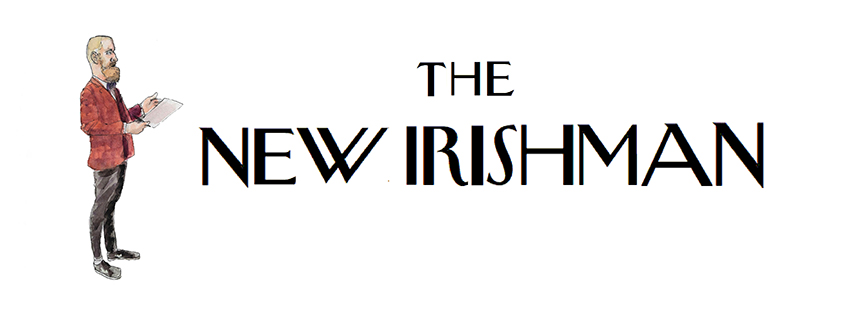Click below to see a full selection of cartoons from a night of live drawing in Portrush.If you would like me to attend an event, draw at your wedding, party or business conference, please do get in contact. Below is a list of past clients and prior events.
With the
Arts Council NI at their 2013 conference
here, at the Pump House, Titanic Belfast with the Friday Night Mashup
here, at the QUB Peace Journalism seminar
here, St Joseph's PS Christmas craft fair 2013
here, at the Thriftway Travel christmas party 2013
here, at the Civic Conversation 2013
here. At a Christmas party (2013)
here. At the DUP Conference 2013
here, and drawing the DUP politicians
here. Doodling 6 guys in a pub
here. At Culture Night Belfast 2013
here. At the GEMS NI Conference
here. At Funtastics indoor play park
here.
Live drawing in the Black Box with famous political cartoonist Ian Knox
here. See my life drawings from the Loft Belfast at 99 North Street
here,
here and
here. My thoughts on life drawing
here. One of my favourite cartoonists Andre Carrilho talks about the challenge of caricature
here.

























